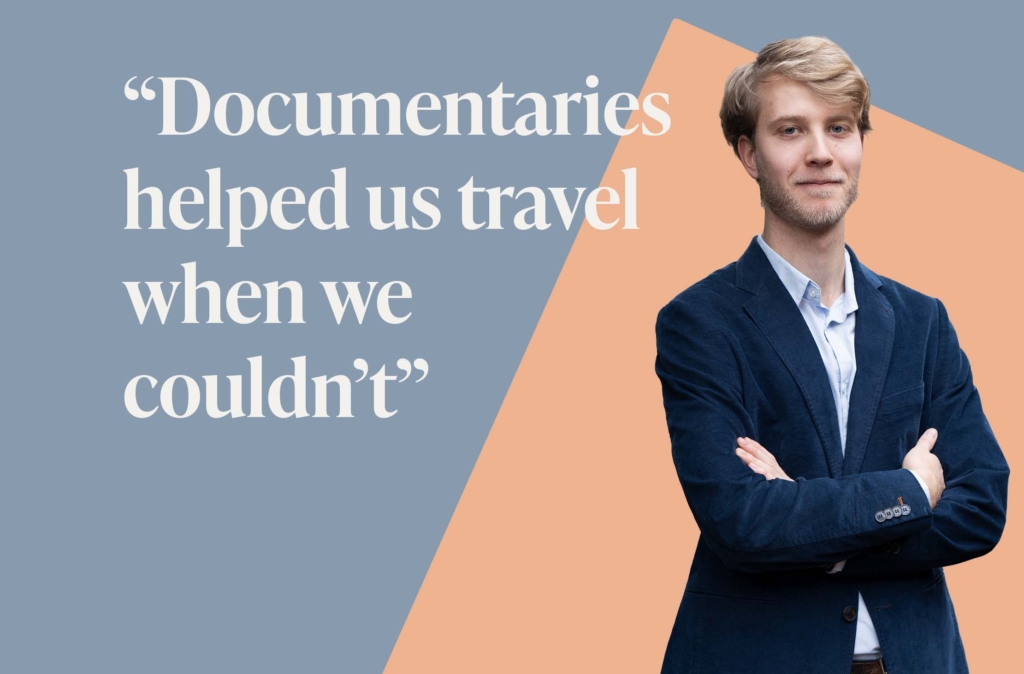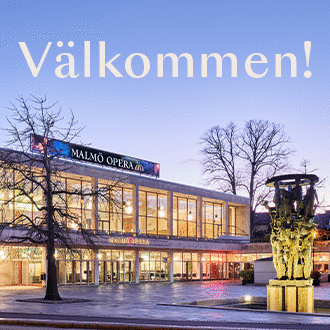In this month’s column, Ondrej Gomola explores the unparalleled joys of watching documentaries. Indeed, few things compare, he argues, to the mellow, compassionate and deeply affectionate narration of David Attenborough. Why bother watching other visual media when nature documentaries tick all the right boxes?
Some say that documentaries are boring. Nauseating, almost, in their slow, laborious and geriatric storytelling. Certainly, in contrast to what some would call the never-ending joy, nail-biting excitement and deeply riveting plots of Marvel franchise films. On both counts, these documentary-bashing, Marvel-fantasising people would be deeply mistaken. As wrong as calling French fries French. They are simply not French. They are Belgian.
Documentaries are more than simple renderings of nonfiction books. Oftentimes, they are glorious visual and aural symphonies complete with orchestral soundtracks, gripping narration and eye-popping cinematography.
The work of David Attenborough comes to mind, who’s charming documentaries have accompanied me and countless others from my early years into adulthood. When I was little, my family and I would watch the original Planet Earth, and oh my, what an experience that was. Everything from gripping savannah chases in Sub-Saharan Africa to swimming polar bears in the frigid Arctic. When I grew older, Planet Earth II came out and absolutely blew my mind. The music and cinematography were surreal—and I’ve never seen a sloth swim around a mangrove before.
Those of you familiar with either the French or German languages may have heard of Arte, a Franco-German TV channel that focusses on cultural content: history, music, nature, art, and so on. I consider this channel to be one of Europe’s cultural marvels, both because the things they show on Arte are of impeccable quality and open my eyes to things I perhaps didn’t think of before but also because every programme they broadcast is available in both French and German. It was through an Arte documentary called L’homme a mangé la Terre (“humankind has eaten the Earth”) that I learned that most American cities had large streetcar (a type of tram) networks at the beginning of the twentieth century. Various actors in the nascent automobile industry, however, managed to stifle these networks and run them down, as it was against their interests to have public transport competing against them.
Documentaries helped us travel when we couldn’t do so during the pandemic. They helped us dream, discover the world, and see stunning landscapes alongside accompaniments of music which could be straight from Copenhagen Airport’s bathrooms. I’m thinking of the Norwegian public broadcaster NRK’s Norge Fra Lufta (which, I concede, should not be referred to as a documentary series by any means as their episodes are only 5-minute-long snippets).
Yes, some documentaries perhaps help people fall asleep. Berating documentaries because of this, however, misses the point. Doctors recommend getting at least 7 hours of sleep per day—if David Attenborough’s soothing narration helps achieve this, then we should be all the more grateful. And I’d most certainly rather fall asleep to a time-lapse of a growing plant than what feels like eternities of Captain America strutting around on a cinema screen.










